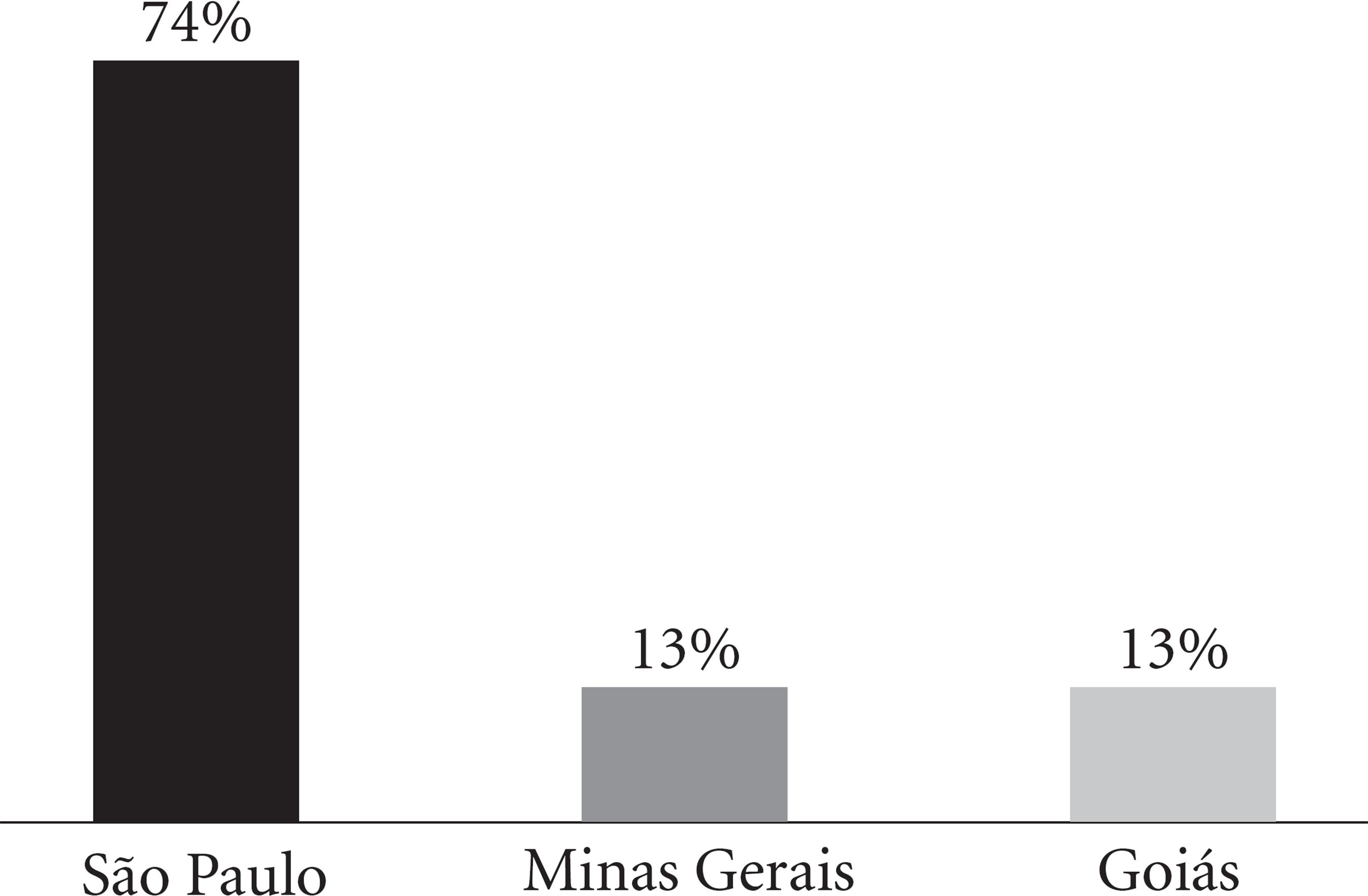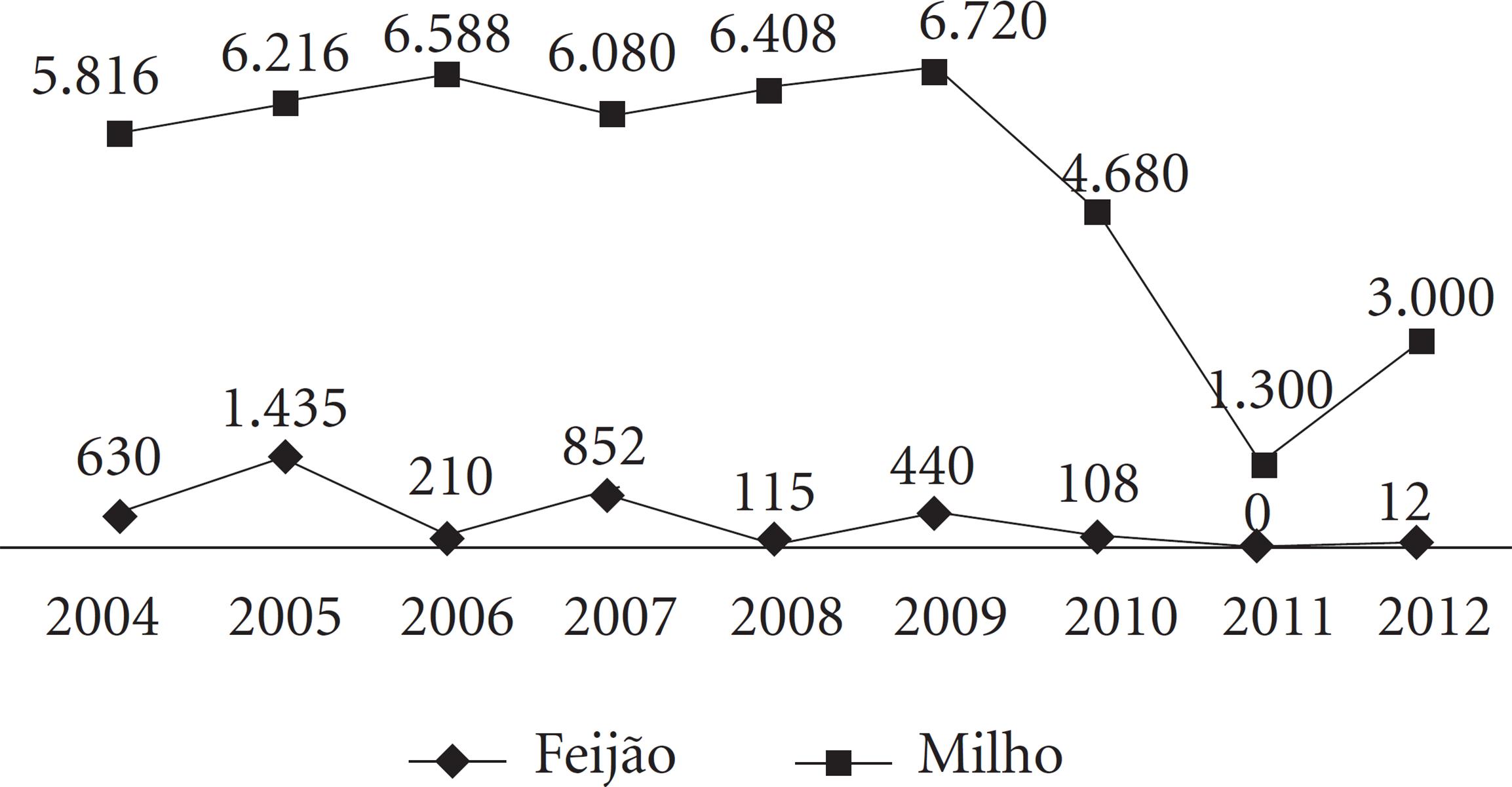In the past few years the sugarcane agribusiness has been experiencing considerable expansion, being presented as a symbol of progress and the most developed industry in the country. In this article, we investigate the myths surrounding this sector of the Brazilian economy, revealing the environmental injustices and suffering experienced by northeastern workers who relocate every year to work in the sugarcane regions. We conducted a methodological study of the specialized literature on the sugarcane agribusiness and its interface with the migration of northeastern workers and the labor conditions and relations to which these individuals are subjected. We also use data from our own research developed in the micro regions of Pajeú in the State of Pernambuco and Princesa Isabel in the State of Paraíba. The data reveal the human and environmental unsustainability of the sugarcane agribusiness, demystifying the sweetness of sugarcane and purity of ethanol produced in Brazil, since this production is strongly influenced by perverse conditions, the social consequences of which have been the destruction of the environment and the flora and fauna, the exploitation of labor and workers in this process marked by illness and, in many cases, death.
Development; Migration; Agribusiness; Work; Illness





